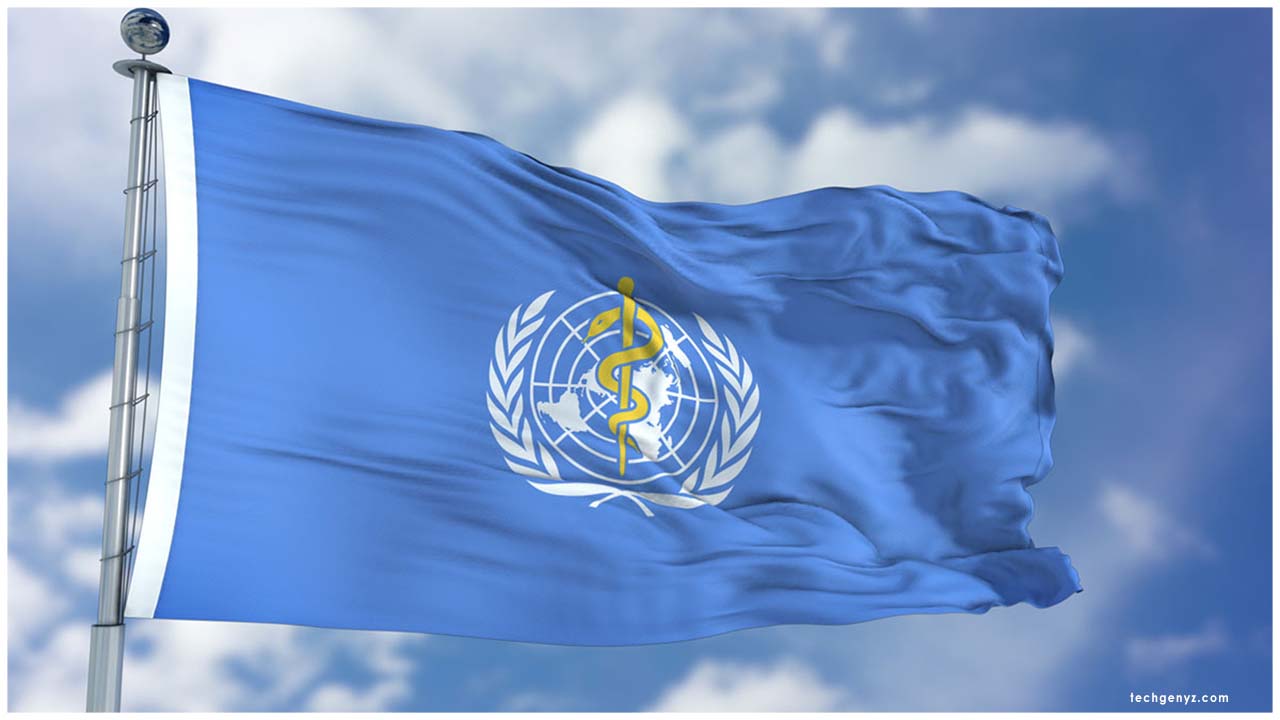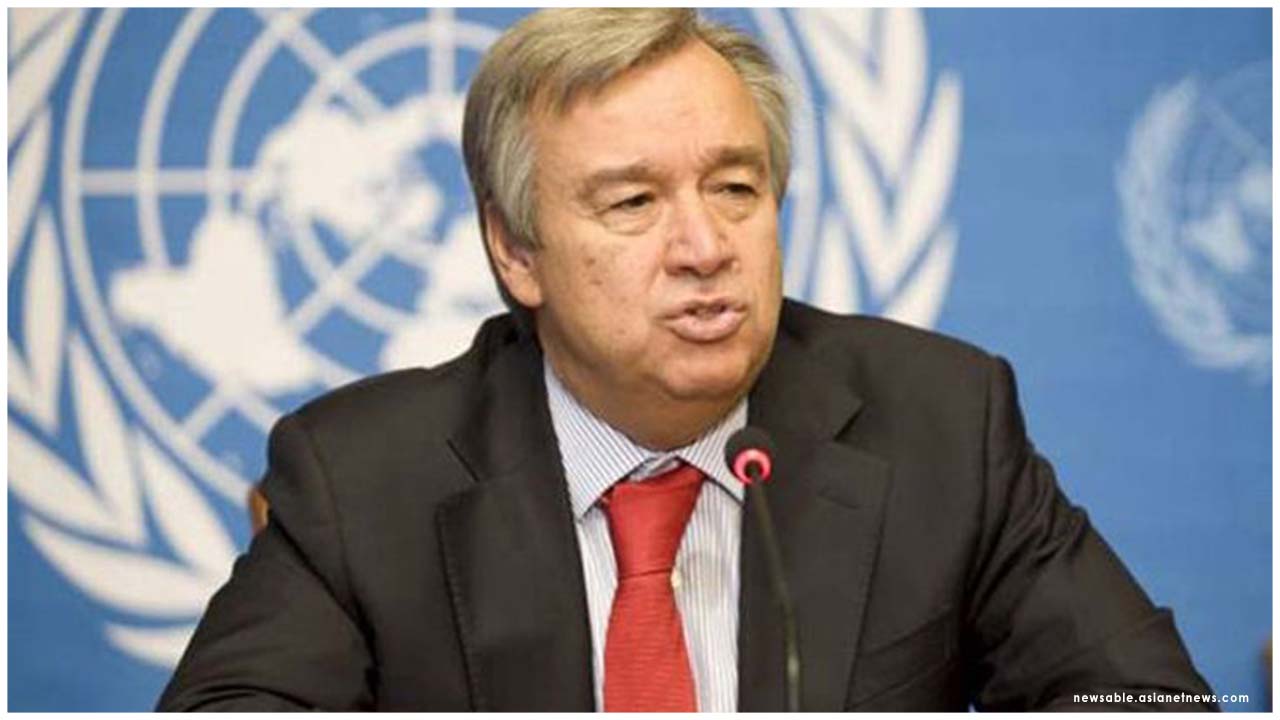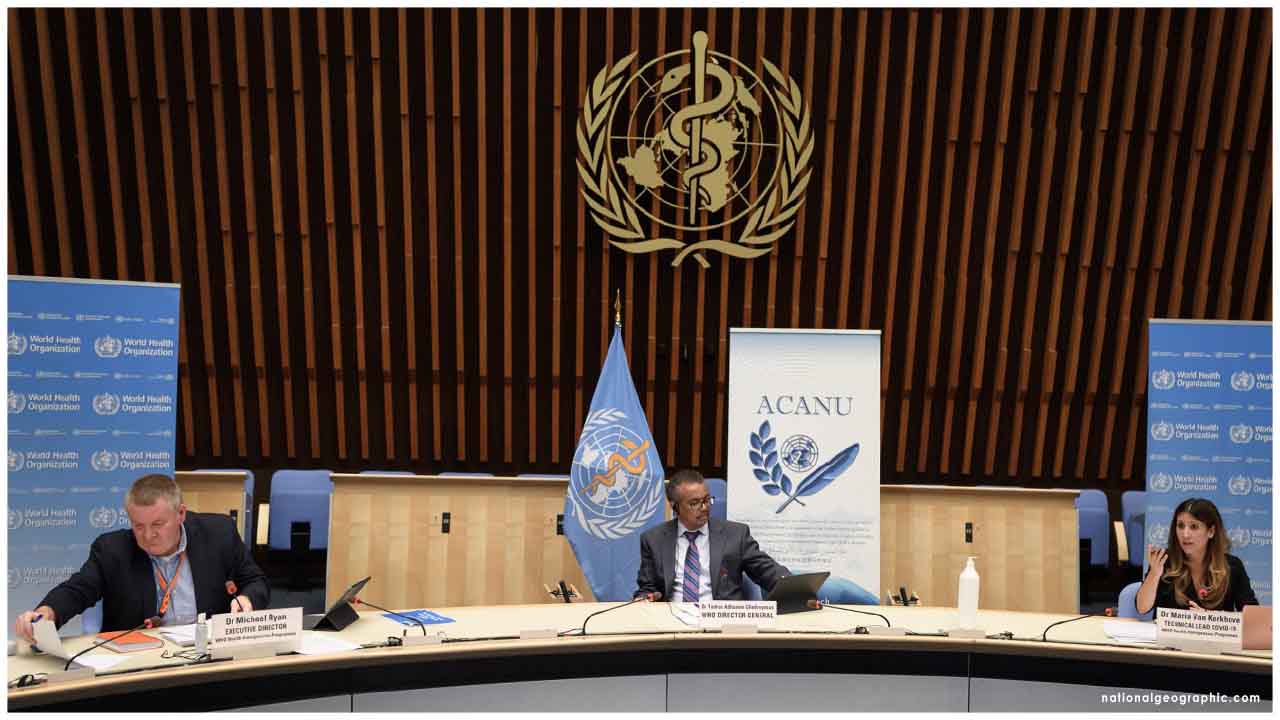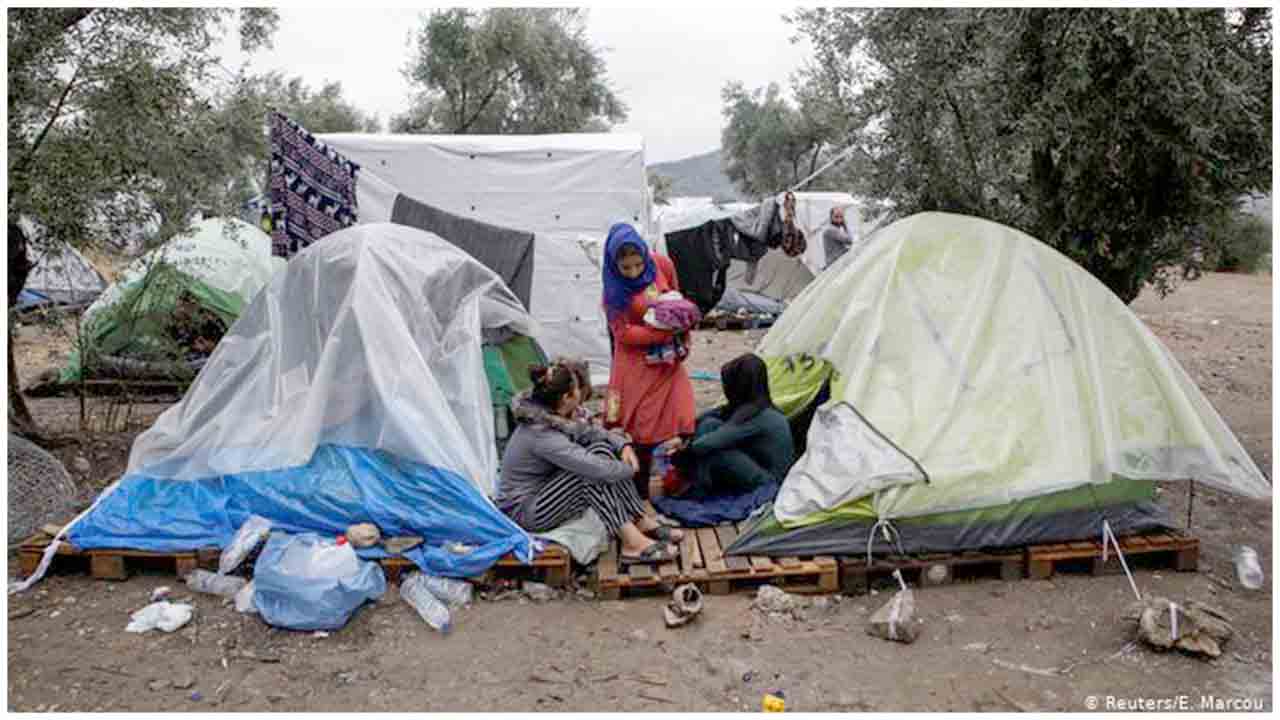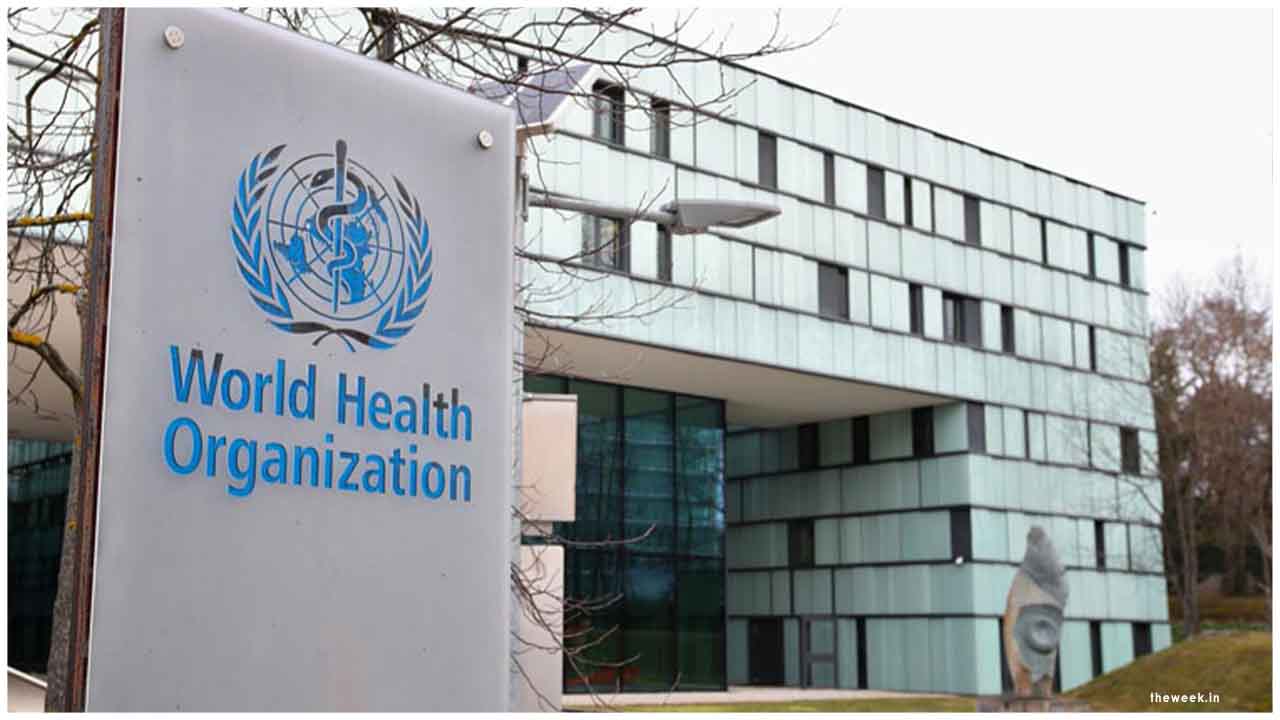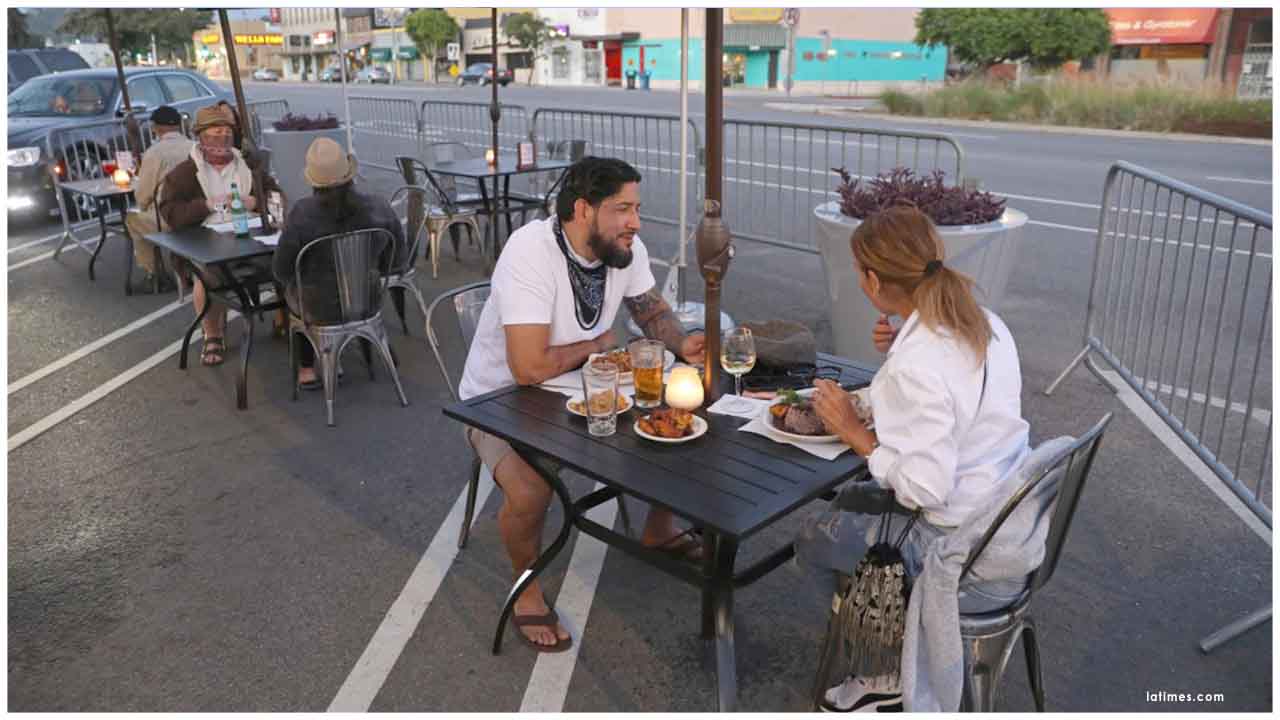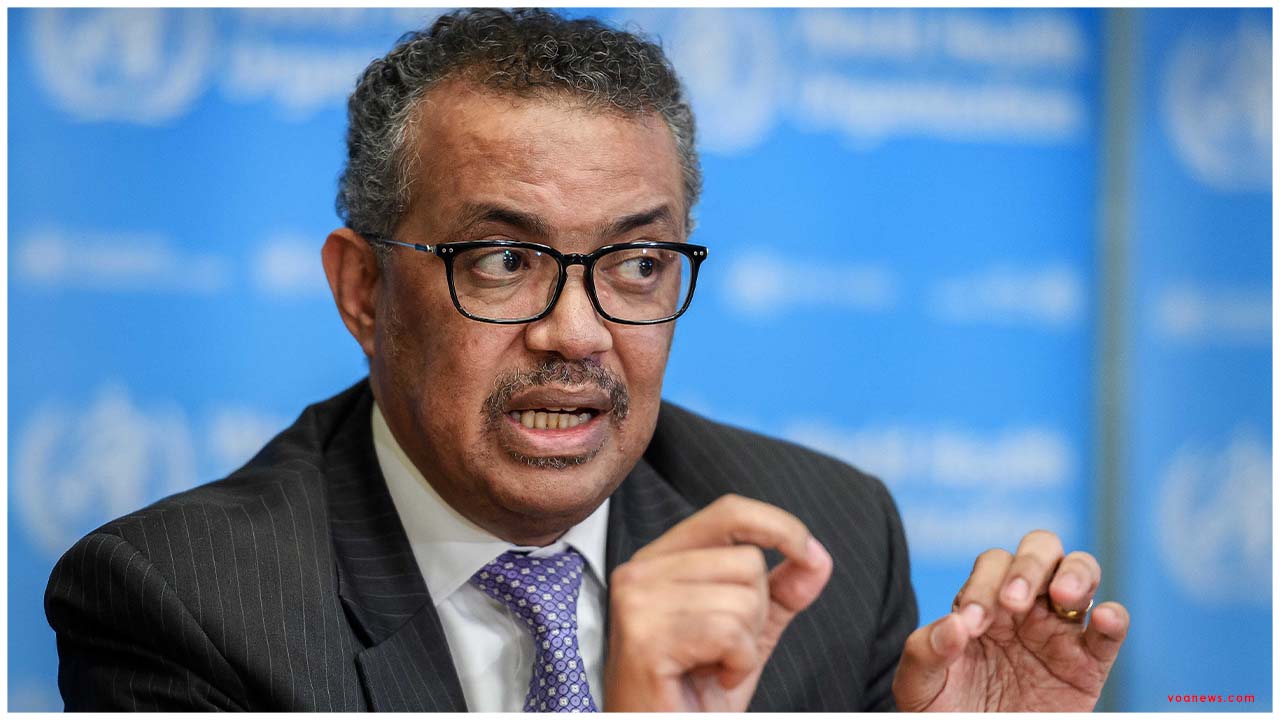Practically 1.6 billion specialists in the casual economy, about a portion of the worldwide workforce, face an impending threat of losing their employment because of the proceeded with a sharp decrease in working hours due to the COVID-19 flare-up, the International Labor Organization has said.
Over 430 million endeavors in hard-hit divisions, for example, retail and assembling hazard "genuine interruption", the UN office included.
The discoveries show up in the ILO Monitor third version: COVID-19 and the universe of work, discharged Wednesday.
Universally, there are some 3.3 billion laborers. Two billion have employments in the casual economy, the most helpless specialists in the work advertise.
The office said 1.6 billion in the casual economy "have endured enormous harm to their ability to gain a living" because of the financial emergency activated by the COVID-19 pandemic.
Because of lockdowns or because they work in hard-hit parts, these laborers all-inclusive have seen a 60 percent drop in salary during the main month of the emergency, as per ILO gauges.
This converts into a more than 80 percent decrease in Africa and the Americas, 70 percent in Europe and Central Asia, and 21.6 percent in Asia and the Pacific, the ILO said.
ILO Director-General Guy Ryder said as the pandemic and the occupations emergency develop, the need to secure the world's' most defenseless specialists turns out to be significantly increasingly dire.
"For many specialists, no salary implies no nourishment, no security, and no future. A great many organizations around the globe are scarcely relaxing. They have no investment funds or access to credit," he said.
"These are the genuine essences of the universe of work. On the off chance that we don't help them now, they will essentially die."
The UN office assessed that contrasted with the pre-emergency levels, there will be a 10.5 percent weakening in working hours during the subsequent quarter (Q2) of the year, proportional to 305 million all day occupations. Past projections had put the figure at 6.7 percent, or 195 million all day laborers.
The circumstance has compounded for every single significant area, again contrasted with pre-emergency levels. Q2 gauges propose a 12.4 percent loss of working hours in the Americas and 11.8 percent for Europe and Central Asia. Every other area is above 9.5 percent.
The ILO included that the extent of laborers living in nations where working environment terminations have been suggested or required has diminished from 81 percent to 68 percent in recent weeks.
While this is to a great extent because of changes in China, measures have been ventured up somewhere else.
Simultaneously, 436 million endeavors working in discount and retail, assembling, settlement, and other monetary segments that have been hardest hit, face "high dangers of genuine interruption".
The ILO called for "pressing, directed, and adaptable measures" to help the two specialists and businesses, especially littler undertakings and those in the casual economy.
"Measures for financial reactivation ought to follow an occupation rich methodology, upheld by more grounded work strategies and establishments, better-resourced and complete social security frameworks. Worldwide coordination on boost bundles and obligation alleviation estimates will likewise be basic to making recuperation successful and economical. Global work guidelines, which as of now appreciate tripartite accord, can give a system," it said.
The ILO likewise focused on that universal coordination on improvement bundles and obligation alleviation estimates will be basic to making recuperation powerful and feasible.
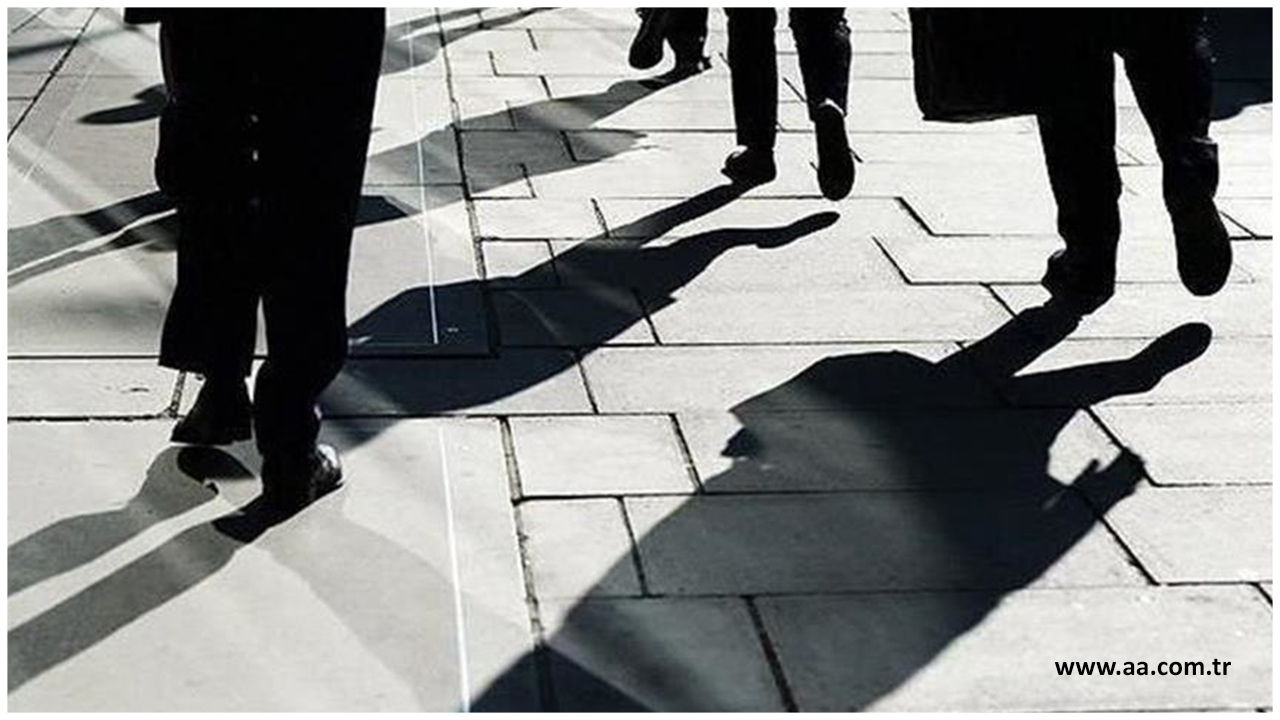
 Two billion have jobs in the informal economy, the most vulnerable workers in the labour market
Two billion have jobs in the informal economy, the most vulnerable workers in the labour market












